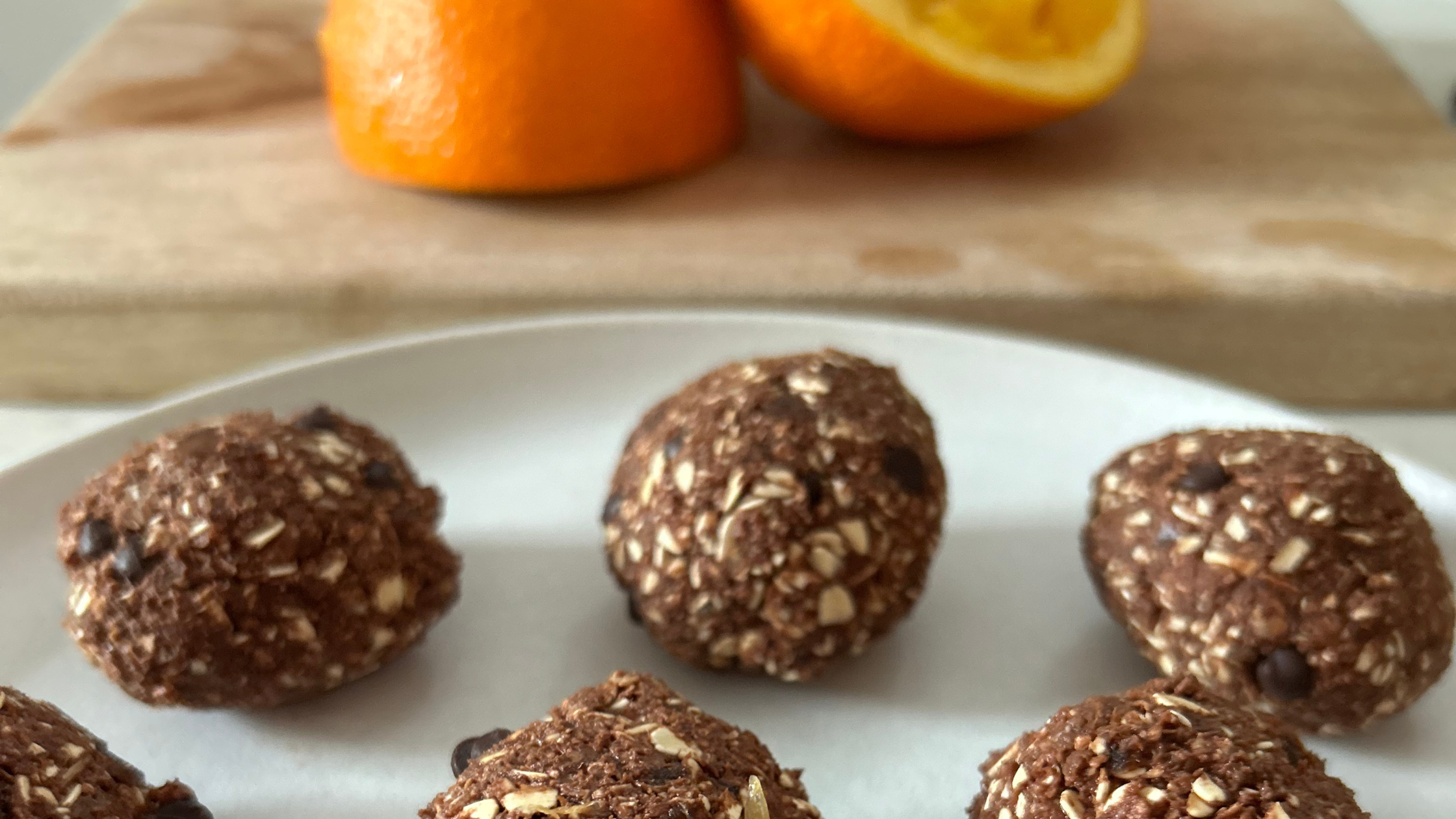“Weighing in on (in)Fertility: How Excess Body Fat Affects Fertility” | myMindBodyBaby
A whopping 16% of couples face fertility challenges and with awareness at an all-time high, there is a growing demand for quality, actionable medical and research-based information from those seeking to grow their families.
And rightfully so.
As a nutritionist for the past 12 years, I get many questions from hopeful parents-to-be and there is one that keeps popping up.
One of the major challenges many are seeking help with (and not just from a fertility standpoint), is with respect to the growing overweight and obesity epidemic. According to the Harvard School of Public Health, roughly 2/3 of adults are overweight (defined as a BMI of 25 or higher) and 1/3 of adults are obese (defined by a BMI of 30 or higher).
We already know the health risks associated with being overweight or obese – diabetes, heart disease, cancer, arthritis, liver disease and more. Added to this are the reproductive challenges that couples can face when excess weight is a part of a couple’s medical profile.
How Excess Body Fat Can Affect Fertility
There are multiple ways in which overweight or obese woman’s fertility potential can be affected. Here a few:
Fat cells (adipose tissue) act like an endocrine organ releasing hormones and interacting with and influencing various bodily systems, including reproduction. Very simply, when adipose tissue is altered (such as in cases of obesity), it can become “dysregulated” and the systems (like the reproductive system) that rely on the normal functioning of this network can also become altered. In fact, even “ oocyte differentiation and maturation… endometrial implantation and other reproductive functions are affected in obese women with complications including delayed conceptions, increased miscarriage rate, reduced outcomes in assisted conception treatments.”
Other hormones like leptin can be thrown out of balance when excess fat is present. Leptin is an important hormone that, among other functions, helps to regulate appetite. When this hormone becomes effected, energy balance within fat cells becomes deregulated, possibly leading to increased hunger and food consumption (leading to additional weight gain). Additionally, fat storage within the cells themselves can increase – thus continuing the dangerous cycle.
Excess weight, especially fat around the belly, can lead to insulin resistance. Not only can this cause additional fat storage, but in short, this can drive up levels of androgen hormones like testosterone and halt ovulation. One study found that obese women had a relative risk of ovulatory infertility of 3:1 compared with women of lower body weight. Excess insulin can also decrease key fertility-friendly hormones such as Sex Hormone Binding Globulin (SHBG) which helps to regulate other sex hormones like estrogen.
Knowing all of this, it won’t be a shock to learn that “weight loss programs through lifestyle modification in obese women, have been proven to restore menstrual cyclicity and ovulation and improve the likelihood of conception”, and “weight loss with a resultant improvement in ovulation, pregnancy outcome, self-esteem, and endocrine parameters is the first therapeutic option for women who are infertile and overweight.”
What About Men?
Since men are 50% of the equation when it comes to baby-making, it’s important that they too understand the role that excess fat can have on their hormones and subsequent ability to reproduce. “Epidemiological data suggest an association between increasing body mass index (BMI) and reduced fertility in men, with one study suggesting that a gain of 10kg decreases male fertility by approximately 10%. The effect of BMI on male fertility is multifactorial, with increased weight associated with changes in sex hormone profile and impaired sexual desire and function. Some studies also suggest poorer semen parameters in overweight men.”
Sleep apnea is often also associated with excess weight. Impaired sleep can lead to increased weight, loss of energy and sexual dysfunction/erectile problems. Additionally, studies are showing that sperm quality can also be altered in men with excess body fat.
So What Can I Do?
While it is true that weight loss can be challenging, both physically and mentally, it’s also reassuring to know that you also don’t need to lose massive amounts of weight in order to improve your health status and fertility potential.
Get the fat loss ball rolling using these simple action steps:
Step 1
First and foremost have your physician complete a blood panel to check your overall health status. Testing your thyroid, fasting blood sugar, long term blood sugar, inflammation, and ruling out hormonal disorders like PCOS will help you know where to start.
* if something is discovered in your blood work that needs specific attention, know that any of the following recommendations will be a good starting place for you until you can address the specific concern.
Step 2
Skip the extremes. At the end of the day, while extreme diets may be a short term solution, in the long it will likely just make the situation worse. Opt for manageable modifications. Extreme diets often cut calories way down or certain food groups altogether. While we definitely promote low or no sugar and removing processed foods, we also believe plenty of quality calories (from all food groups) spread out over a day is a great approach. So what does this mean? Consider eating a small meal or snack 5-6 times per day, or every 3.5-3 hours. This helps keep your metabolism up and your blood sugars stabilized. For example:
Breakfast: 2 eggs, ½ avocado, and 1 slice of whole-grain toast
AM Snack: ½ cup berries and a handful of almonds
Lunch: Bowl of homemade chili with a side salad topped with olive oil and lemon dressing
PM snack: ¼ cup hummus with carrots and celery, piece of fruit, and 2-3 squares of dark chocolate
Dinner: 4 oz baked or grilled salmon with ½ cup sweet potato, asparagus, and zucchini
Decaf green tea
Step 3
You’ve heard it before and we will tell you again. Water! Hydrate my friend. Lack of water can make you feel hungry and tired – a recipe for weight loss disaster. A good rule of thumb is 2L per day but if you can drink more, do it.
Step 4
Protein. This macronutrient is key for keeping the cravings at bay as it helps keep you satiated. Cravings can derail even the most determined person. Aim for 3-4 servings of protein per day spread out over different meals (see meal plan example above). Examples of protein include:
- 4o z poultry or fish
- 3 tbsp hemp seeds
- ½ cup GMO-free tofu or tempeh
- 2 eggs
- ¾ cup plain Organic Greek-style yogurt
- 1 scoop clean protein powder
Step 5
Reduce your grains. While these are delicious and convenient, because they break down into glucose, they can hinder the weight loss process. When choosing your foods, please don’t confuse grains with carbohydrates. Grains consist of foods like wheat, rye, oats, and rice – you know, the good stuff. Carbs include these but also consist of fruit, root vegetables, beans and pulses, and regular veggies like broccoli and peppers.
Reducing grain products will mean something different to everyone. How much you reduce will depend on how much you currently enjoy on an average day. After practicing nutrition in the clinic for 10 years, I can say with a lot of confidence that most people eat too much of this family and not enough of the other food groups.
So I will give this piece of advice: aim for no more than 2 servings of grains in a day and fill in the rest of your day with proteins, healthy, plant-based fats like avocado and nuts/seeds, and non-grain based carbohydrates like veggies, beets, lentils, sweet potato, and fruit. Will you be hungry? No. Will you miss or crave the grains? Possibly, but it will pass within a week or so.
Bonus!
Duh! We all know exercise to be a fantastic way to manage body composition. Burning calories helps to manage body composition, and also muscle development encourages further fat loss. Get started today with this free, do-at-home workout!
31]
What About Keto?
We get a lot of questions about this diet trend. Some studies show that when strictly followed, a keto diet can help improve blood sugars and insulin levels. This is especially true for women with PCOS. The problem, however, is that this particular diet is very difficult to maintain over long periods of time. So if you are looking for a long term solution for weight loss, then I prefer a Mediterranean style of meal planning. This way of eating promotes an abundance of quality, colourful whole foods that help to balance hormones and inflammation. Two key factors that support overall health and fertility.
With all of this said, weight isn’t the only factor to consider when struggling with infertility. There are numerous factors involved. We do know however that losing some of the excess body fat can positively impact conception rates. And also just make you feel better…and who doesn’t want that?
If you need some help getting started, we have created research-based nutrition, fitness, and mental well-being support programs for wherever you might be in your journey. Whether you are just starting your TTC journey or are knee-deep in fertility treatments, we have customized programs that will guide you in making the best food and fitness decisions for your current needs.
Plus, stay tuned, our PCOS program launches soon!




